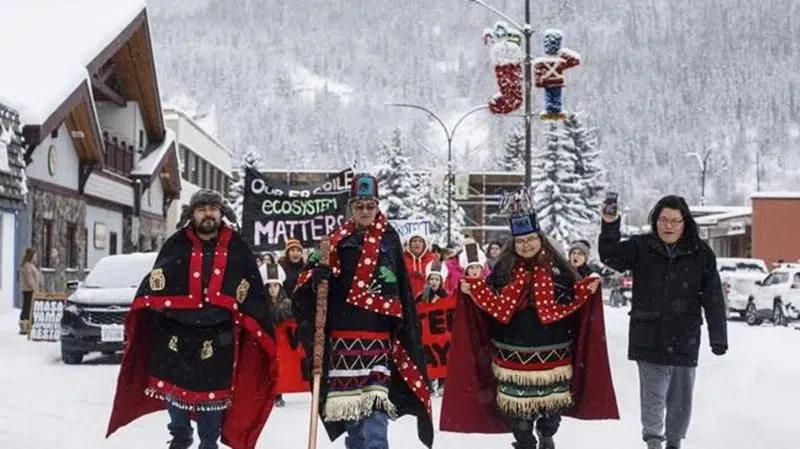
New talks planned over disputed gas pipeline in northern British Columbia
VANCOUVER — Leaders of a First Nation in northern British Columbia who say they’ll never consent to a natural gas pipeline through their traditional territory have agreed to seven days of meetings with the province.
The Office of the Wet’suwet’en issued a statement Thursday afternoon on behalf of eight hereditary chiefs saying they have agreed to the discussions in an effort to de-escalate the dispute over the Coastal GasLink pipeline.
“The hereditary chiefs maintain their commitment to peace and will pursue all avenues available to achieve a peaceful resolution,” it says.
The premier’s office also welcomed the meetings as an opportunity for all parties to work in good faith together.


